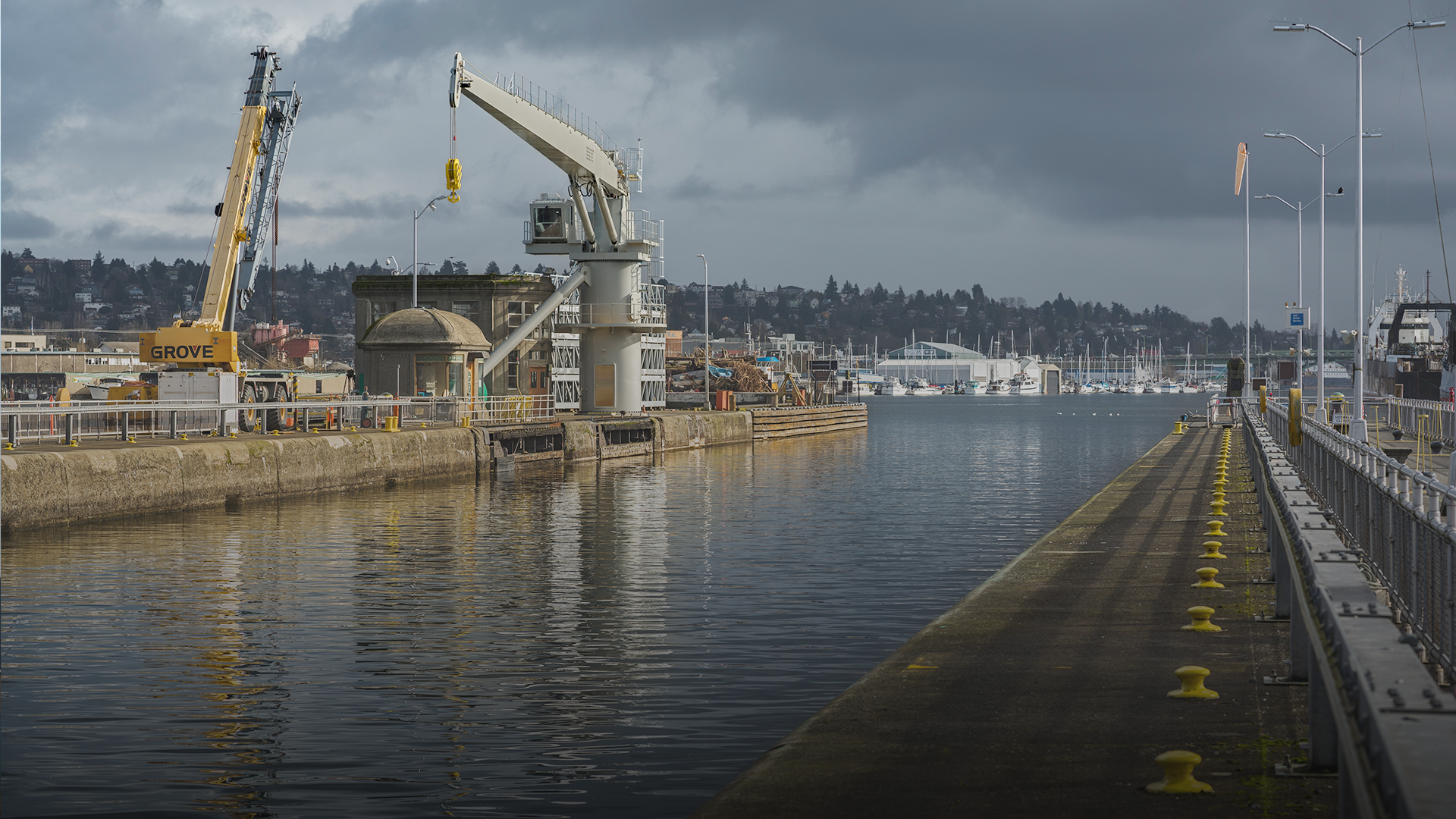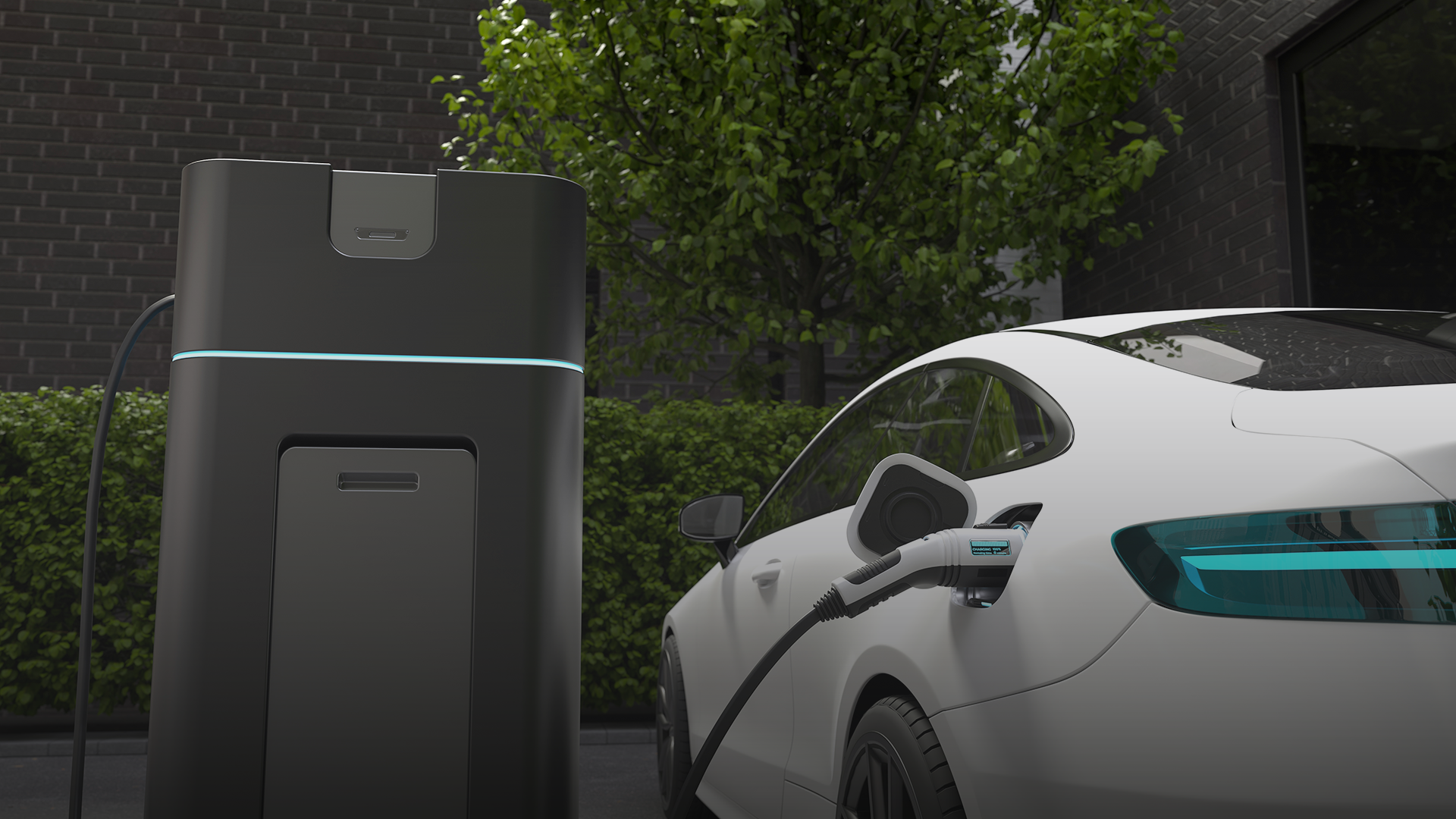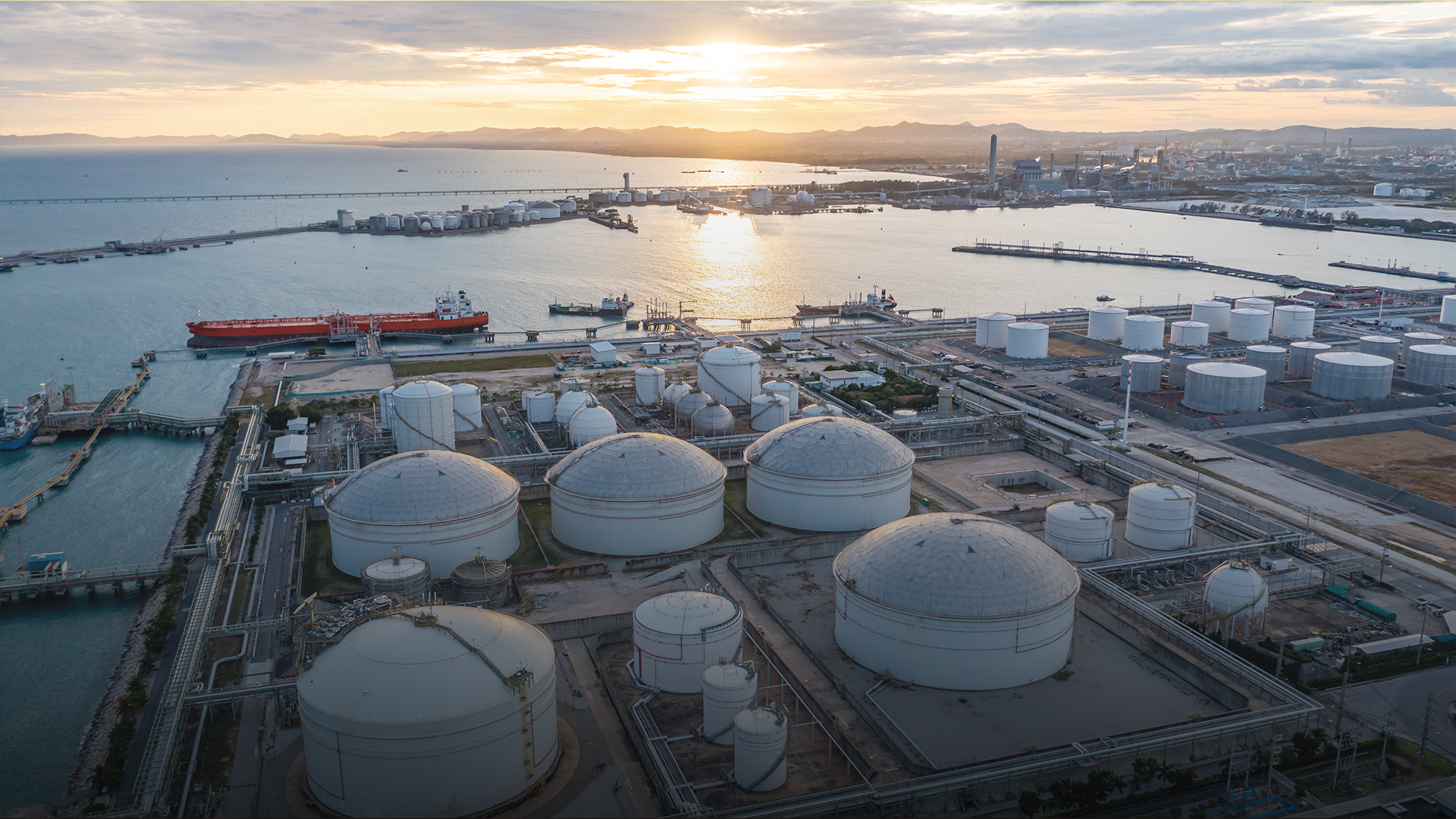The pipelay vessel Castorone has set off towards the Black Sea for laying an offshore pipeline to support development at the second phase of the Sakarya gas field in Türkiye. The Dardanelles Strait crossing occurred on December 26 when, in about six hours, it covered 36 nautical miles and continued along its way through the Sea of Marmara. The next morning, Castorone crossed the Bosphorus Strait, which was a mere 18 nautical miles coverage that took three hours before arriving at Sakarya.
A Significant Step Toward Sakarya’s Expansion
Saipem, part of a consortium to be awarded the second phase of the Sakarya FEED and EPCI contract, will, through Turkish Petroleum – Offshore Technology Center, install 158 kilometers of a 16-inch diameter offshore pipeline at a depth up to 2,200 meters in the Black Sea. The project also comprises a 21-kilometer-long intrafield pipeline.
In 2022, Saipem executed the first phase of Sakarya by installing a deepwater pipeline for Türkiye’s biggest gas field.
Technological Capabilities of Castorone
Saipem constructed Castorone in 2012 as the most advanced vessel designed to perform challenging deepwater pipeline installations. The vessel is 330 meters long and 40 meters wide. Its top working speed is up to 12 knots, and it can carry more than 700 personnel on board.Saipem has fitted the vessel with advanced technological systems, including a Class 3 dynamic positioning system, eight thrusters, and a 120-meter-long stinger. Castorone can lay pipelines in both shallow and deep waters up to 3,000 meters deep.
Saipem has also fitted the vessel with state-of-art welding tools and two ROVs designed by its center, Sonsub. Castorone can take pipelines up to 60-inches diameter. Its capacity of 1,200 tons can sustainable tensioning.
Also read: Fugro to Lead Ground Investigation for Innovative CO2 Transport Pipeline in Belgium
Türkiye has discovered the greatest natural gas field to date. It is located about 150 kilometers off the coast of Ereğli. The field holds great potential for Türkiye’s energy future. In September, it welcomed its first FPSO vessel for the Sakarya field, which will double gas production when it begins its 20-year operation in 2026.




